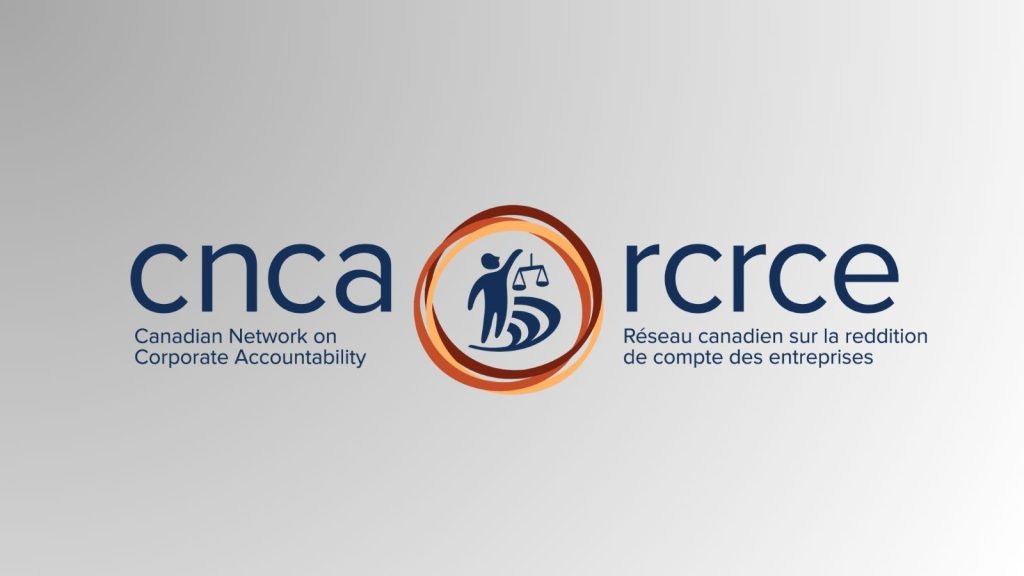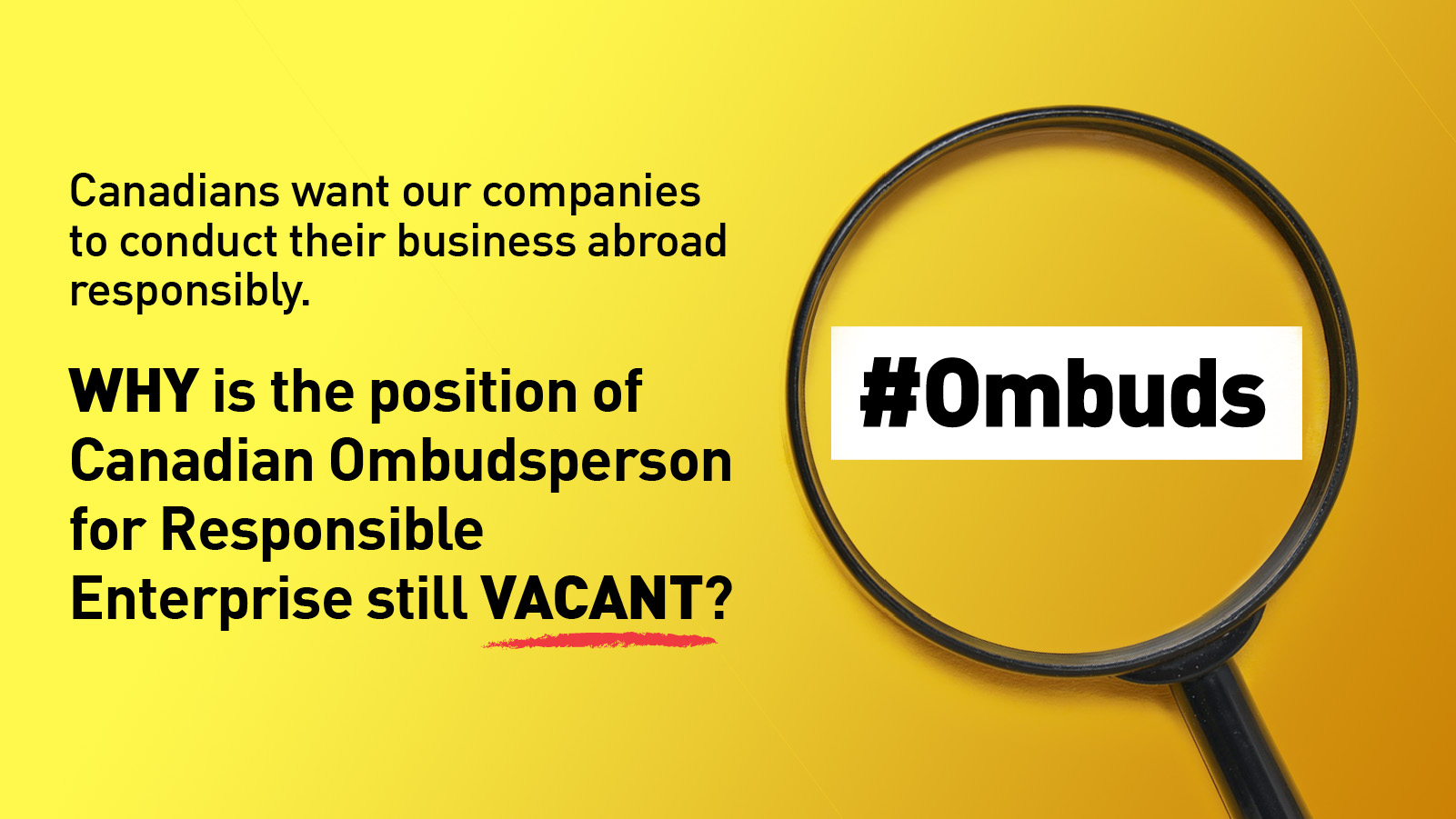Cover Letter
November 17, 2022
To the members of the Committee,
I am writing to you today on behalf of the 40 members of the Canadian Network on Corporate Accountability (CNCA) to urge you to take immediate action to prevent serious human rights violations from continuing in Canadian supply chains, and to call to your attention our network’s position that Bill S-211 (Fighting Against Forced Labour and Child Labour in Supply Chains Act) – as currently drafted – would do more harm than good. Our analysis holds that this bill, as currently drafted, is so ineffective and potentially damaging that we would recommend MPs vote “no” if the bill were to advance to third reading.
Below is a high-level summary of our concerns and proposals; attached is our detailed brief.
1. Canada needs the right legislation if it is serious about tackling corporate abuse
A law that is serious about addressing abuses in Canadian supply chains would, at minimum:
- require companies to prevent human rights violations and to undertake due diligence,
- help impacted people and workers access remedy, and
- apply to all human rights in recognition of the fact that human rights are indivisible, interdependent and interrelated
Furthermore, because it is already well-known that modern slavery reporting laws are ineffective, Canadian businesses will not benefit from reduced reputational risk and the level playing field that accompanies effective regulation, such as that advanced in France, Germany and the Netherlands.
3. It is urgent that Canada take action to address violations in Canadian supply chains
Canadian supply chains and global business operations are linked to serious human rights violations and environmental harms around the world.
For example, there are well-documented allegations of:
- Forced labour
- in products on Canadian shelves linked to Uyghur forced labour in China
- in personal protective equipment imported to Canada from Malaysia
- in agricultural products across Quebec
- Serious bodily harm, deaths and gang rape linked to security personnel / police
- at Canadian mines in Tanzania, Papua New Guinea and Guatemala
- Workers’ rights violations
- during the pandemic
- failure to have adequate regard for worker health and safety when sourcing from factories (e.g. Canadian brands sourced from the Rana Plaza garment factory)
Unfortunately, this list only scratches the surface of the extent of harm present in Canadian supply chains. The situation is made worse because Canada does not have adequate measures to prevent harms like these from continuing to occur, nor to help ensure victims of these abuses can access remedy and accountability.
4. This issue matters to Canadians and the international community
Canada’s failure to regulate, investigate and ensure access to remedy for these harms is damaging to our global reputation and an impediment to fulfilling our international human rights commitments. This failure has attracted the attention of UN and regional human rights bodies,(2) communities and workers from around the world,(3) and Canadians from across the country.(4) As more and more countries implement mandatory human rights and environmental due diligence laws, Canada is falling further behind.
Thank you for your time and consideration. We remain available for any further consultation or information required.
Best regards,
Emily Dwyer, Policy Director, Canadian Network on Corporate Accountability
Notes
- Canada already has an import ban. It is not enforced. S-211 won’t help with enforcement. See our brief for more.
- Including the UN Working Group on Business and Human Rights, the UN Committees on the Elimination of All Forms of Racial Discrimination and the Elimination of Discrimination Against Women, the UN Human Rights Committee, the International Committee on IESCR and the Inter-American Human Rights Commission. See here for more information.
- For example, this letter from 240 signatories from 56 countries.
- Over 500,000 postcards were sent to members of Parliament in 2009 to call for accountability for Canadian mining companies engaged in abuses overseas. Over 80,000 signed action cards calling for an ombudsperson for the overseas extractive sector were delivered to MPs at a rally on Parliament Hill in 2014. Tens of thousands of other Canadians have joined the Open for Justice campaign through petitions, letter writing and meet-your-MP events organized by CNCA members across the country. Most recently, CNCA member Development and Peace has collected 25,000 signatures in its people and planet first campaign.
Detailed Submission
See the CNCA’s detailed submission in English and in French.




